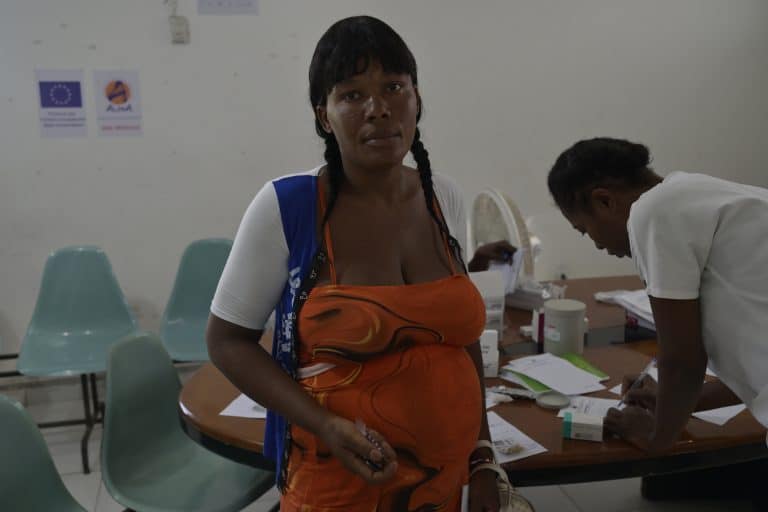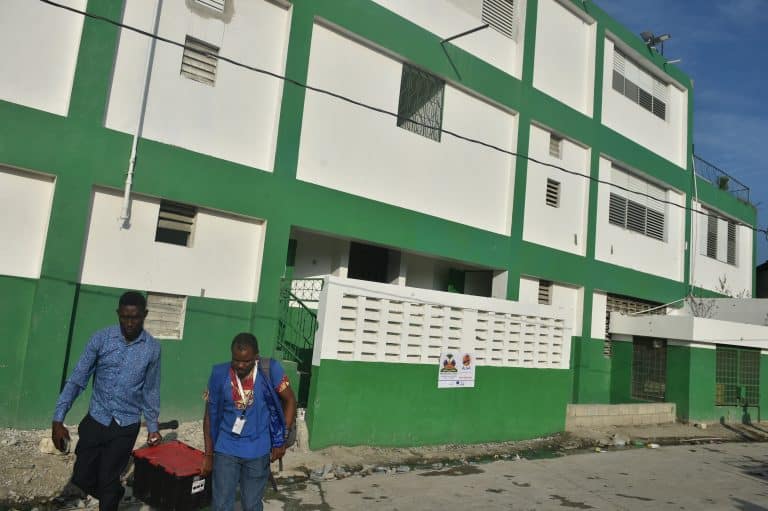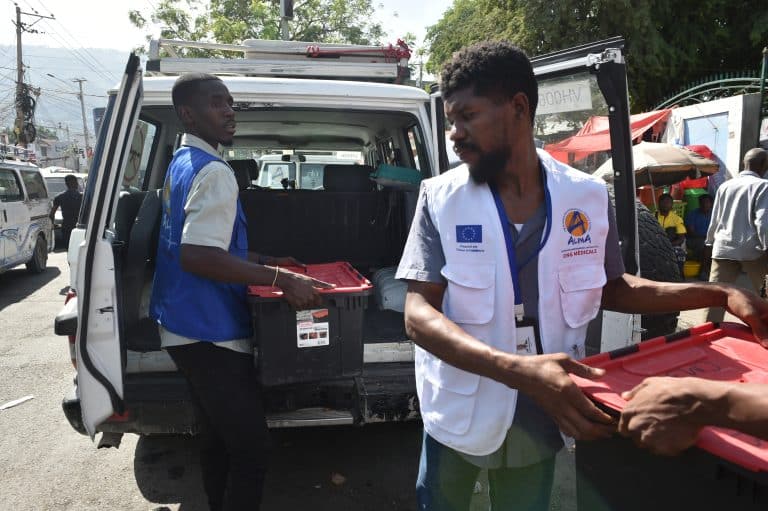“We saw a woman who had walked for miles and miles barefoot, without water, with a child who was emaciated and completely dehydrated.”
She had arrived just the day before, in a state of utter destitution. One of many women encountered by Hama Amadou, ALIMA’s project manager in eastern Chad.
Since the war erupted in Sudan in April 2023, nearly a million people have sought refuge in eastern Chad. The vast majority are women and children: around 90% of Sudanese refugees and 93% of repatriated Chadians (World Health Organization, 2024). These women are the first victims of the war’s violence.
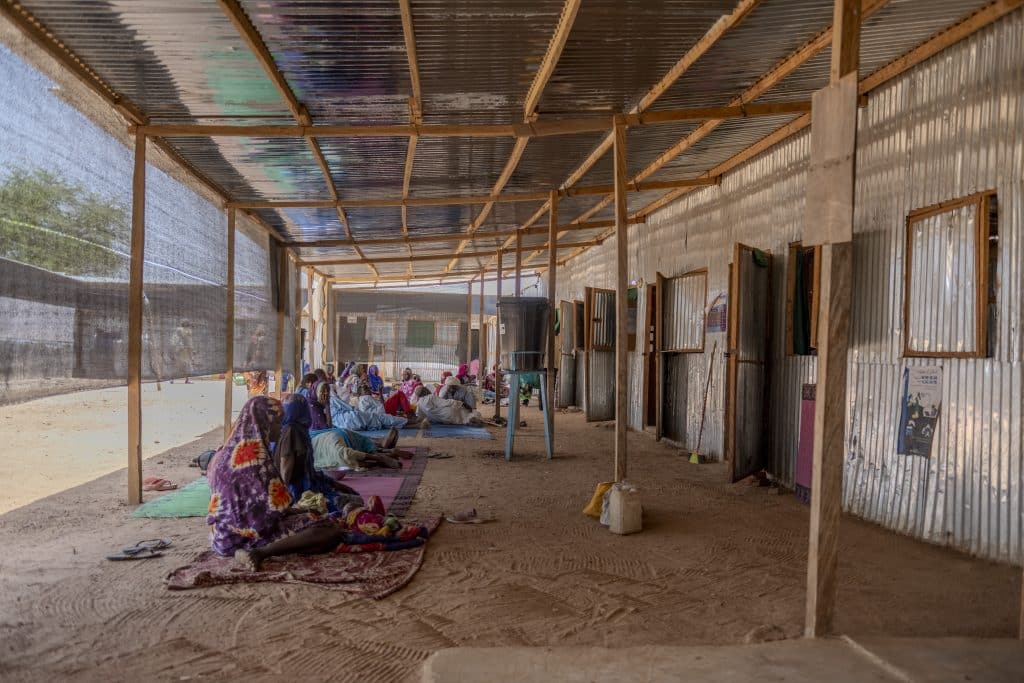
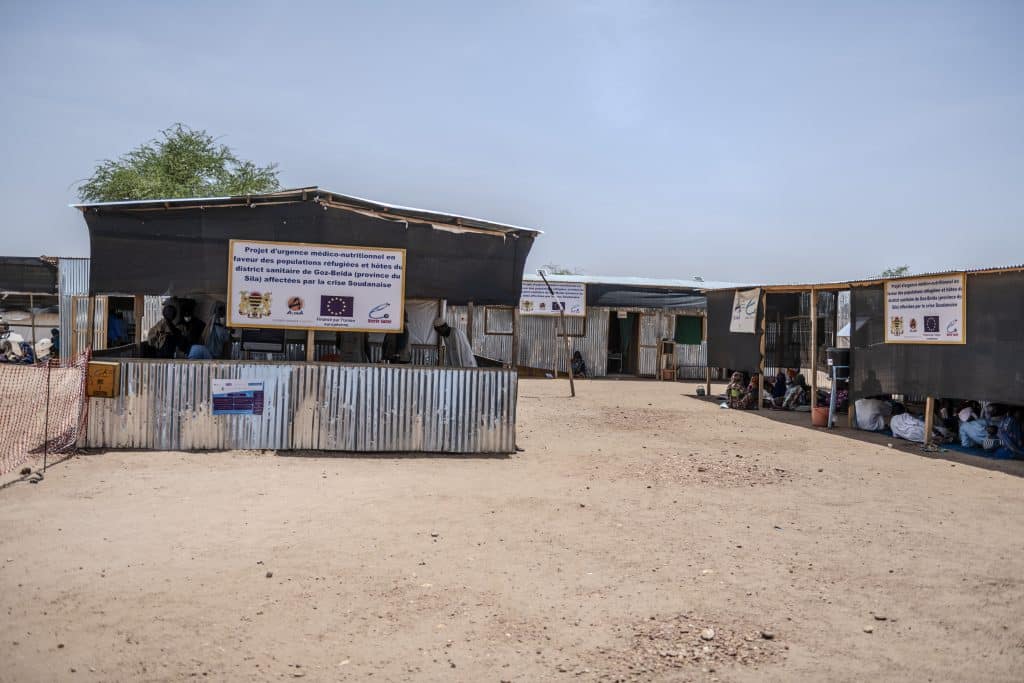
Violence, exile, and silence
In their home country, conflict often means death. But for these isolated and unprotected women, exil too often means rape. About 77% of refugee women in eastern Chad arrive alone with their children (UNHCR). Many are survivors of horrific sexual violence perpetrated during their flight.
And in the makeshift camps, peace is not a given. Women still have to travel long distances to find water or firewood, journeys exposing them to further risks of assault and abuse.
“One day, I went into the bush with three of my neighbors to gather firewood. We were attacked by two men. The other women weren’t carrying anything and managed to escape. I had my child on my back, I couldn’t run. One of the men took my child away from me, the other raped me.”
Back in Zabout camp, home to over 50,000 people and growing, the survivor received free medical care and psychosocial support at the health center built by ALIMA.
“I saw a doctor, then a psychologist. I received treatment. Community relays even come to check on us.”
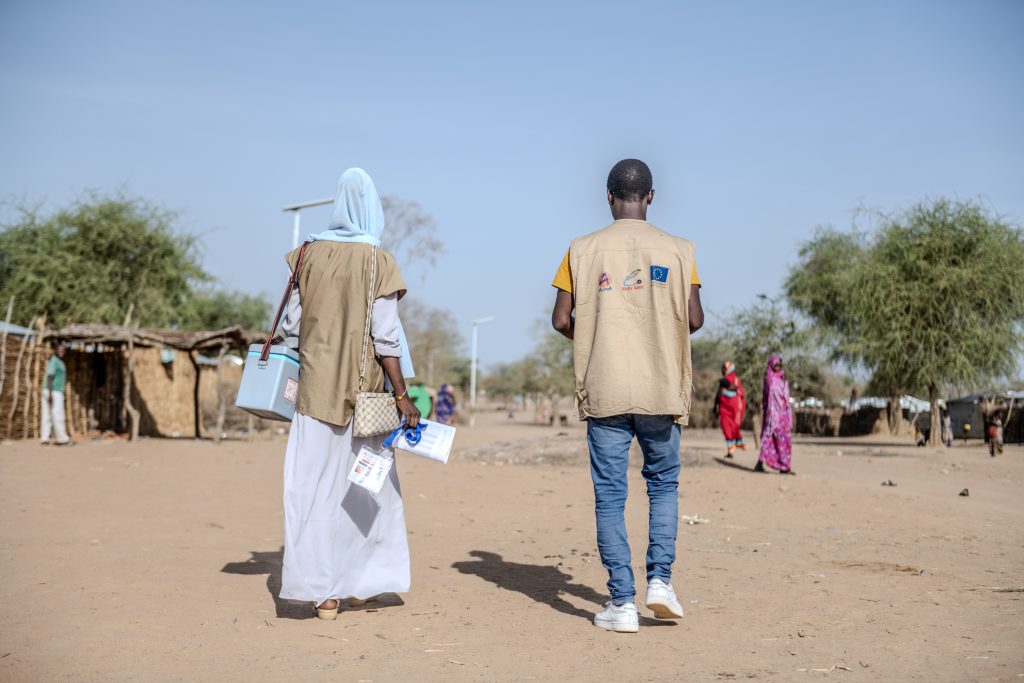
Life-saving care …
“I remember a young woman who had been endowed in her country, in Sudan. On the way to the camp, she was raped,” recalls Gédéon Balamto, a clinical psychologist for ALIMA in Zabout camp. “Beyond the violence of this assault, it was very difficult for her culturally.”
Access to quality medical and psychological care is vital for these women.
In Zabout, ALIMA provides gynecological consultations, psychosocial support, mobile teams to meet survivors, and, when needed, referrals to other organisations in charge of administrative and legal procedures.
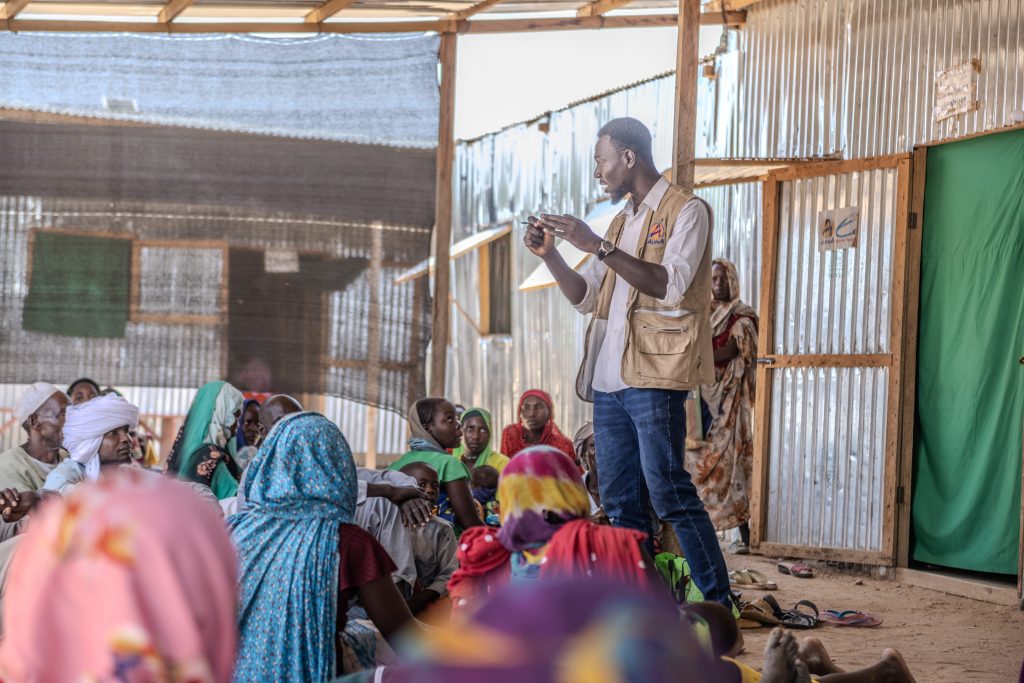
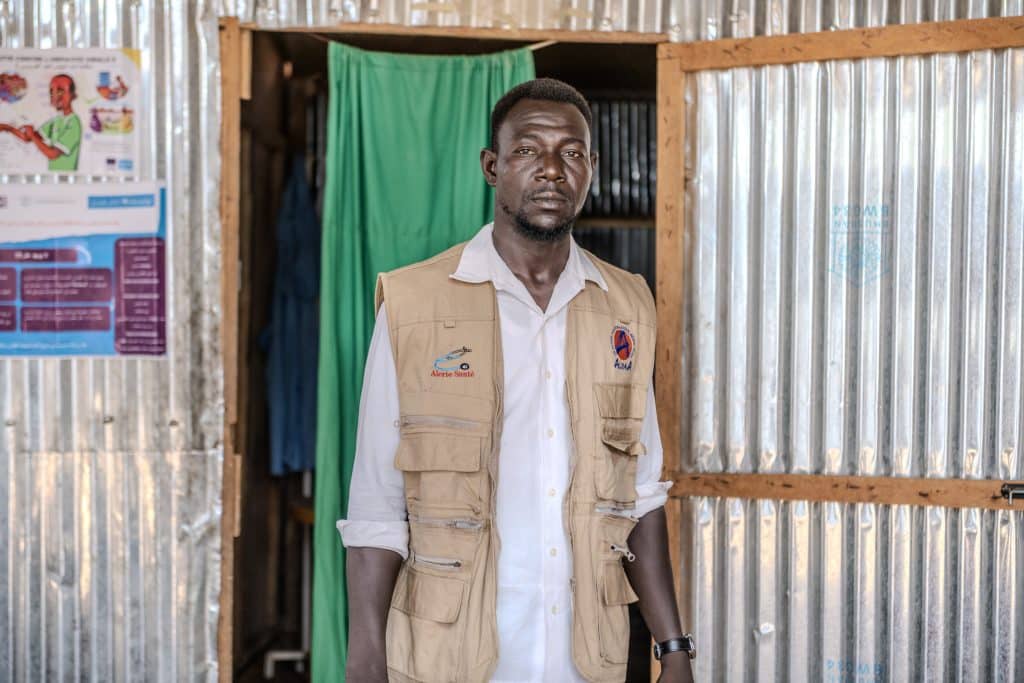
… but far from enough
Between January and May 2025, ALIMA teams treated 136 cases of gender-based violence in refugee camps around Goz Beida, including 13 cases of rape, 9 sexual assaults, and 89 physical assaults.
These are high figures, yet only the tip of the iceberg.
Sexual violence remains massively under-reported, due to fear, shame, or lack of appropriate support systems. “It breaks your heart to see these mothers who come to us, but have no solution apart from what we offer,” says Hama Amadou.
“ALIMA’s teams are deeply committed. We work 24 hours a day, 7 days a week, to offer care. There must be no interruption in care!“
Humanitarian aid pushed to the limit
Every day, women fleeing violence and bombs, exhausted, traumatized, collateral victims and unseen survivors, continue to arrive in Chad, children on their backs or hips.
And in the meantime, humanitarian aid is being drastically cut. There is a lack of resources. Donors remain engaged, but the available care falls far short of what’s needed. There are too few medical facilities, and specialized professionals are rare. With ALIMA’s medical help, these women find a glimmer of hope. But that hope is fragile.
In this emergency, it is imperative that the international community increase its support so that these women, mothers, survivors, can access dignified, continuous care.
This project is made possible with the support of humanitarian funding from the European Union.
Text: Marie Lechapelays
Photos: Ali Tondi Moctar – AFROTO / ALIMA
Taken in April 2025 in Goz Beida, Chad


